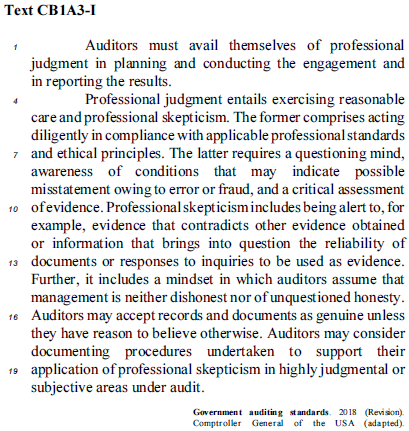The body of officers representing the civil authority of government is known as police. Police typically are responsible
for maintaining public order and safety, enforcing the law, and preventing, detecting, and investigating criminal activities. These
functions are known as policing. Police are often also entrusted with various licensing and regulatory activities. However, police
scholars have criticized this popular understanding of the word “police” — that it refers to members of a public organization
having the legal competence to maintain order and enforce the law — for two reasons. First, it defines police by their ends rather
than by the specific means that they use to achieve their goals. Second, the variety of situations in which police are asked to intervene is much greater than law enforcement and order maintenance.
There is now a consensus among researchers that the common feature among all the different agencies engaged in policing is the legal competence to enforce coercive, nonnegotiable measures to resolve problematic situations. Such situations are characterized by their potential for harm and the need to solve them urgently before they develop that potential. Hence, the actual use of coercion or the threat of using it allows police to put a quick, nonnegotiated, and conclusive end to problematic situations.
Internet: <www.britannica.com> (adapted)
Based on the text above, judge the following item.
In the last sentence of the second paragraph, the word “actual” means present.
According to Paolo, it is important not to be shy when you are trying to improve your language skills.
The word SHY in this context means:
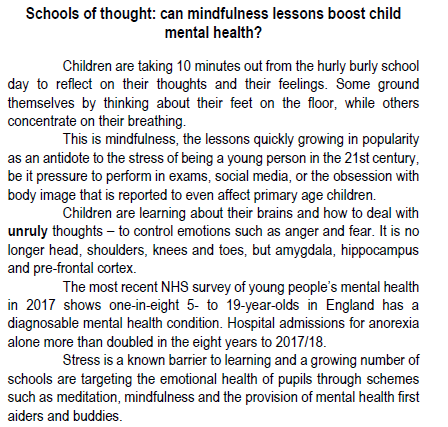


The word 'overwhelmed'' highlighted in paragraph 6 could be best replaced by
As far as lexical comprehension is concerned, mark the following item as right (C) or wrong (E).
In the fragment “They strain towards this objective” (lines 15 and 16), the underlined word is synonymous with “move”.
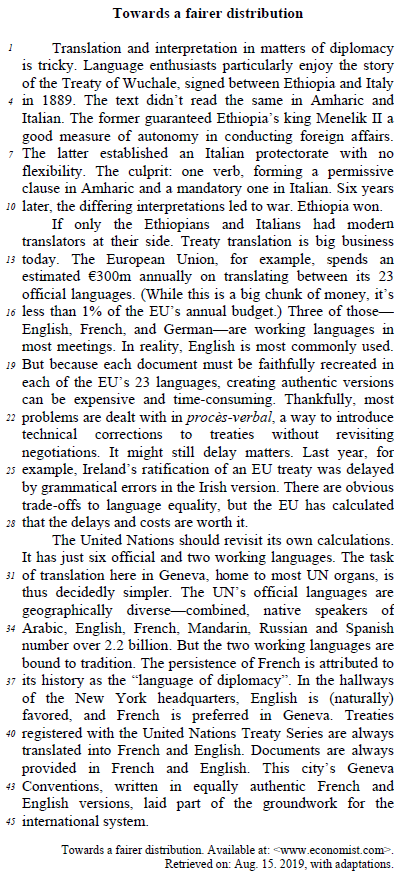
Considering the grammatical and semantic aspects of the text, mark the following item as right (C) or wrong (E).
In the passage “The United Nations should revisit its own calculations.” (line 29), the underlined word can be correctly replaced with reconsider.
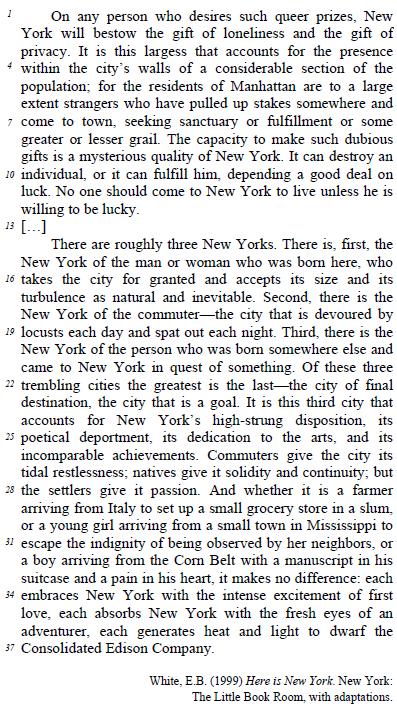
Considering the text, mark the following item as right (C) or wrong (E).
The word “bestow” (line 2) could be correctly replaced with exchange.
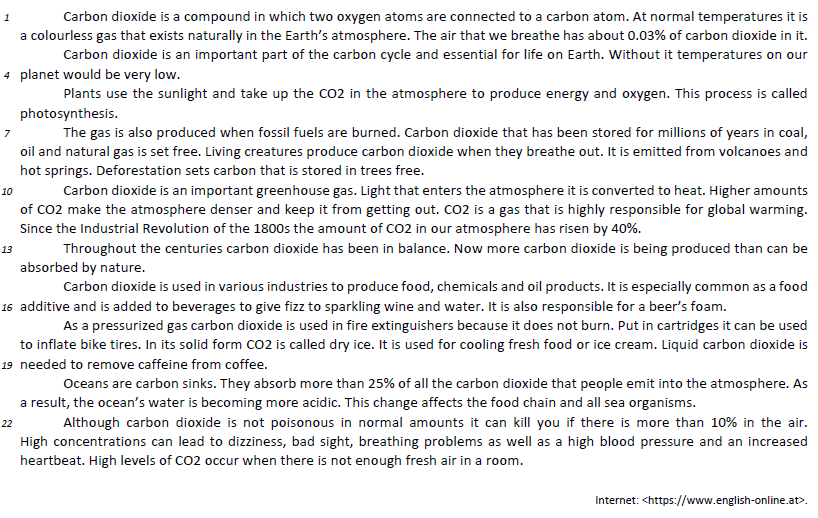
Based on the text, judge the following item
In the text, the word “Throughout” (line 13) can be correctly replaced by In all of.

Considering the ideas and the vocabulary in the text, mark the following item as right (C) or wrong (E).
In the second paragraph, the words “havoc” (line 16) and “ravages” (line 19) both mean “extensive or devastating destruction”.
As far as lexical comprehension is concerned, mark the following item as right (C) or wrong (E).
In the fragment “resolve on the other hand to impose a mass religion.” (lines 6 and 7), the underlined word means “alternative”.

Considering the text, mark the following item as right (C) or wrong (E).
The word “largess” (line 3) could be correctly replaced with generosity.

Based on the text, judge the following item
The word “amounts”, in “Higher amounts of CO2 make the atmosphere denser” (lines 10 and 11), can be replaced, without
changing its meaning, by nodes

Considering the ideas and the vocabulary in the text, mark the following item as right (C) or wrong (E).
In the first paragraph, the word “blast” (line 3) can be correctly replaced with number.

Considering the grammatical and semantic aspects of the text, mark the following item as right (C) or wrong (E).
The expression “laid […] the groundwork for” (line 44) can be correctly replaced with prepared.


